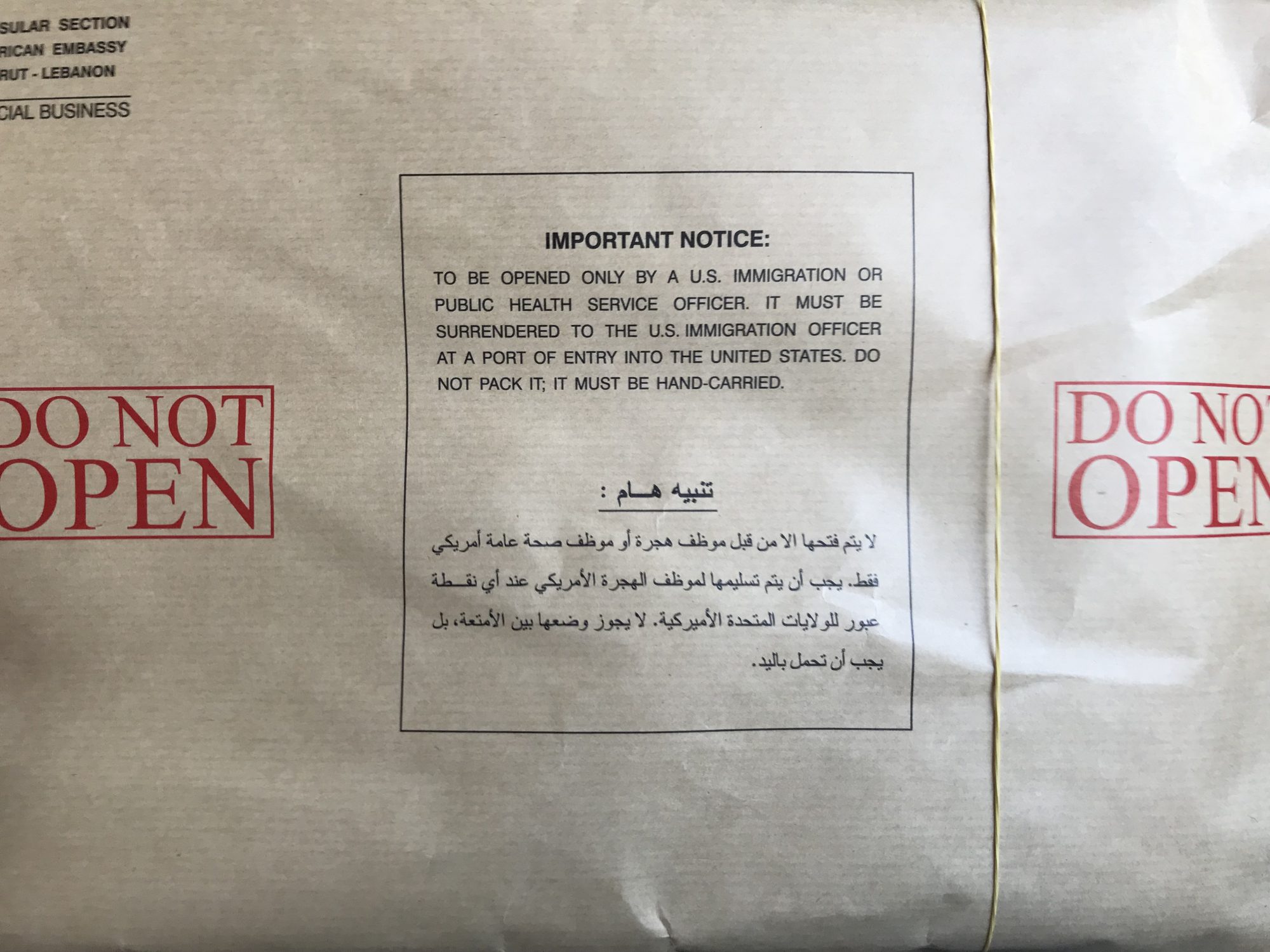I’ve been thinking a lot about cultures of complaint lately, so it’s comforting to read these words in Sunday’s lectionary: ‘Draw near to the Lord, for he has heard your complaining.’ Though we may be used to picturing God as patient and willing to listen, to be told that directly—to be reminded that the cosmos was pieced together by a God who not only hears our complaining but also asks us to draw near–well, that ‘hits differently’ when the world around us feels mismatched with that ideal.
I come from a country where grumbling about the state of things is simply part of the fabric of social interaction; said things don’t even need to be named, per se—we have a catch-all term for every animal, vegetable, or mineral worthy of dissent: al-wade’ or “the situation.” It’s a funny word, but it also makes profound sense—there is nothing that is not situated.
I tend to share cultural stories like these with a wry smile, because it’s fun to joke about parochial habits, like how my grandma—God rest her soul—used to wrap up leftover sugar cubes at cafes in napkins because “they don’t need them” and “we already paid for these.” But since moving to the United States, I’ve started to joke less and notice the wisdom scrunched up inside those “Old World” ways a lot more. They’re funny but they make a lot of sense.
One thing I’ve realized in the last few weeks is that, in our dominant culture here, complaining tends to be interpreted as lack of appreciation or maybe even giving up. To say that something is not right is to basically throw in the towel; to voice dissent is to seem like a pessimist and no one needs that kind of negative energy.
That’s not the God we encounter in the wilderness. When the going gets tough and we start to recognize that fact, God says ‘I hear you—I see you—and I want you to draw near.’ In our gospel reading, the disciples keep asking Jesus what they need to do and he keeps echoing back that call—’what do you need to do? Be with me.’ And when they insist on doing their best like Moses did in the wilderness, Jesus reminds them that Moses actually didn’t do anything—it was God who heard, who listened, and who said: ‘keep talking.’
Jesus cannot be the Bread of Life if there are no stomachs grumbling, if no one says: I hunger! I thirst! God cannot rain manna down from heaven if we are not honest about al-wade’. Complaint is not giving up—it’s taking part. It’s a statement of faith. It’s optimism made flesh.
Published in The Key, parish newsletter of St. Peter’s Seattle, July 30, 2021
